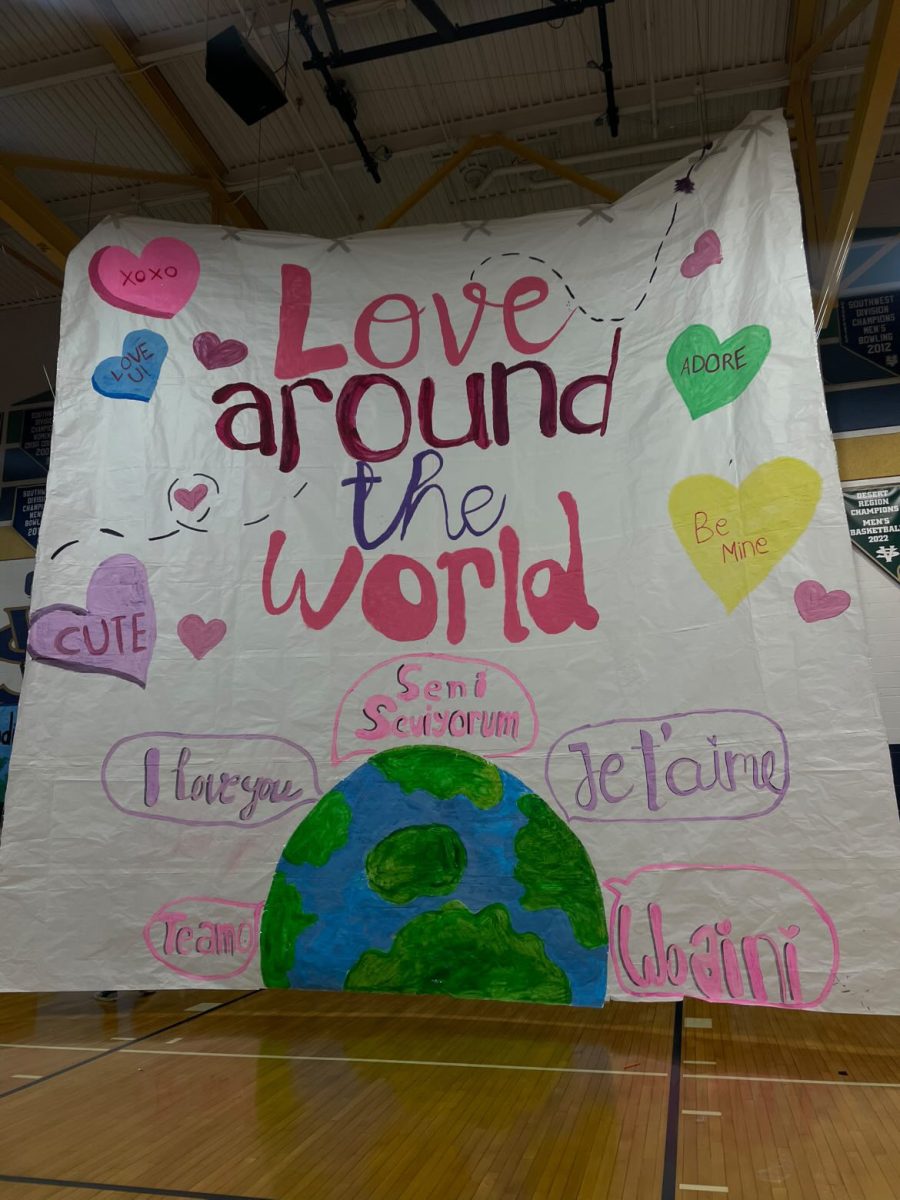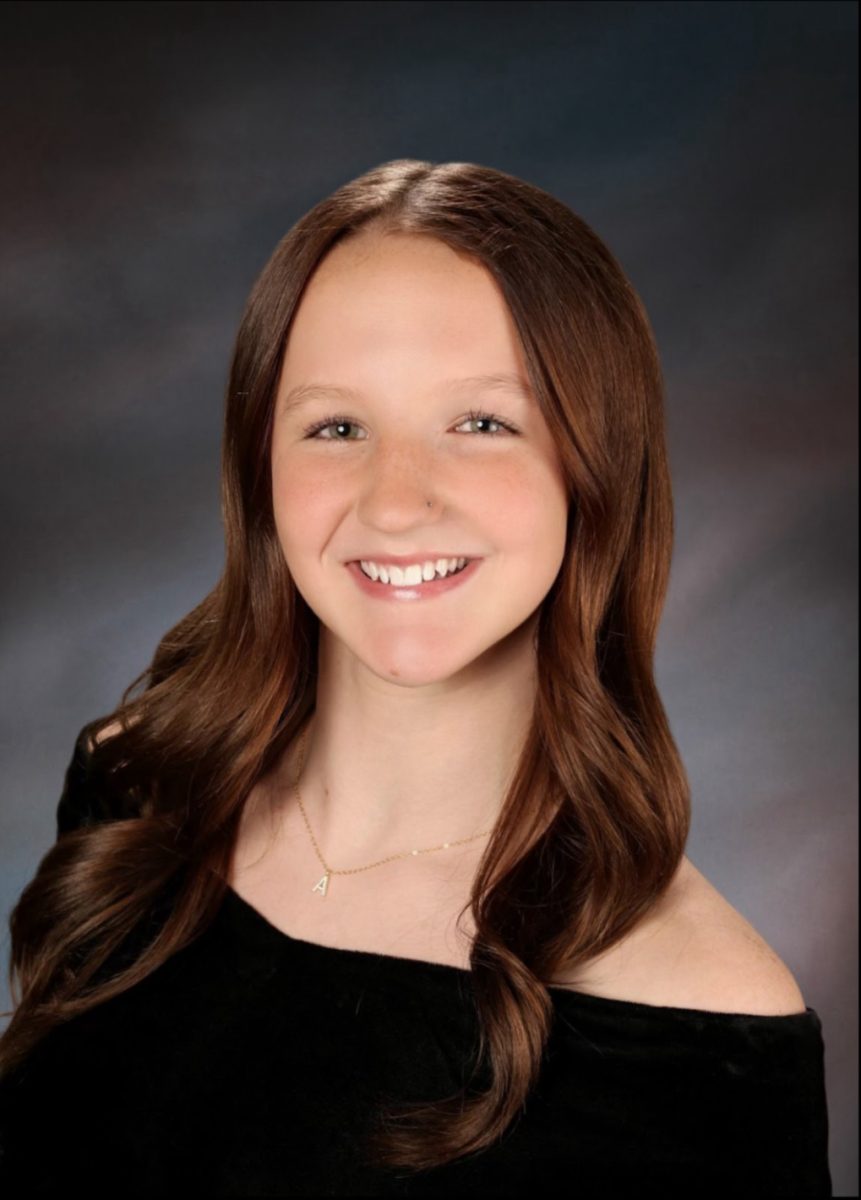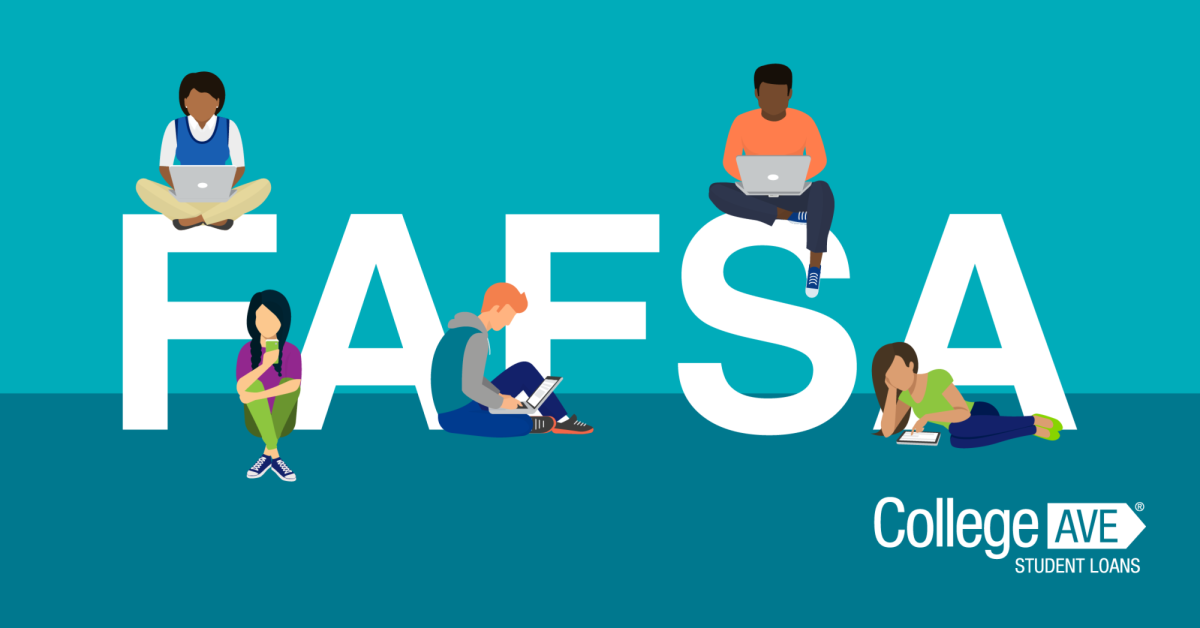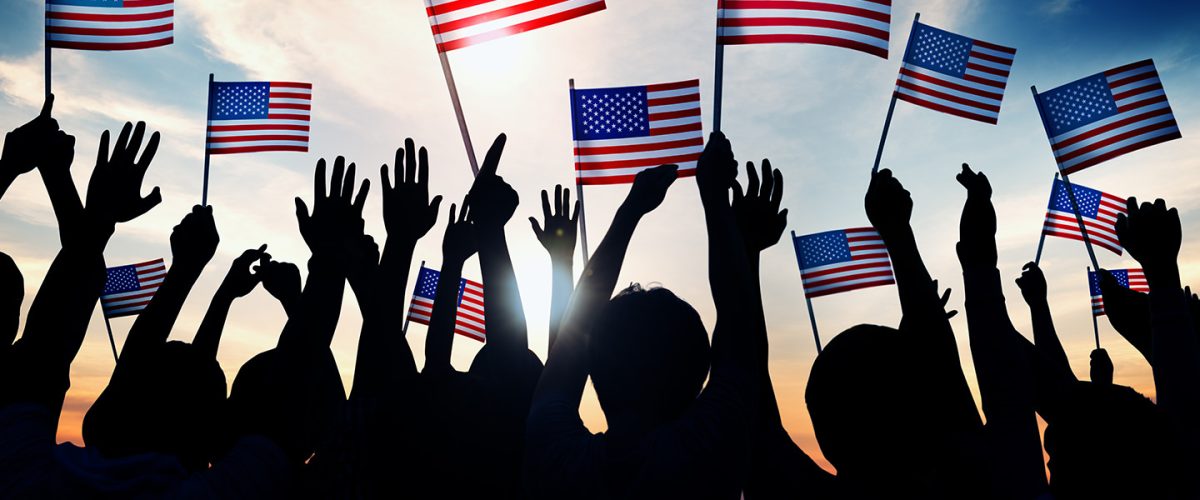Leaving your house in the middle of the night and hiding away from sight to be able to escape an oppressive regime is the only story widely available on who an immigrant is.
While some assume that all immigrants come alike, the experiences vary from person to person. To group them takes away from their humanity, and I would know. I am one.
When I tell someone that I’m an immigrant, the wheels turning in their head are transparent. I can see them picturing in their mind who they think I am and what they think I have been through.
If you go on to try and tell your story, many times words come up short. It’s difficult to explain to someone who was born in a free nation what it feels like to be watched so much that it becomes normal. It’s difficult to explain what it feels like to say goodbye to the people that you grew up with, not knowing when, or if ever you’re going to see them again.
As of 2017, 44.5 million immigrants from all over the world reside in America. To try and group their experience into one mold is to take away the experiences that make them human.
I cannot tell you what any of them have been through. No one can even begin to explain all the things that make those 44.5 million people human, But I can try and shed some light on what my experience as a non-citizen immigrant in the United States has been like.
Coming to the United States was not as difficult for me as it was for many people, at least from what I’ve heard from others.. My parents spent years trying to move from Cuba to the states, but it was mere months for me. Parents protecting their children from as much as they can isn’t a Cuban custom, or an American one, but rather one that all parents share but that can be erased when telling an immigration story.
The shield that my parents placed upon me began to crumble more and more until it was completely gone by the time I reached my sophomore year of high school. As the reach of social media grows, so do the opinions about immigrants that I hear. It was hard to understand why so many people in the land of acceptance seem to hate the idea of immigrants, and I still can’t say I understand.
I was 9-years-old when I moved here, and the scene shift completely changed who I was supposed to be. The Havana born girl stayed back in Cuba, and sometimes, I sit surrounded by my new American friends, my new family, and think of what she could have been like. She wouldn’t have been lazy like the Latino stereotype suggests, but she also wouldn’t have been brave, like what some of my friends like to tell me I am. Sometimes it becomes difficult to accept compliments because you’re either lazy and don’t care, or you’re brave and a hero, but never just a person.
The person I am is largely based on the part of myself I lost, yet when at times the pieces of who I could have been come out and it gets frightening when I see the large differences between my friends and I.
There are things that they will obviously never get to experience the same way I currently am, especially as a senior. College is a mystery to every high school senior, immigrant or not, but many of the things that I should know can’t be taught to me by my mother. My mother grew up in Cuba, the Cuban born girl in her didn’t leave like mine, and even though there is no language gap between us, the gap between the culture that she grew up with and the one I’m growing up with is too much to bare. She and I are close, much closer than what I’ve seen other mother and daughters be, and yet there is still a gap impossible to seal.
A gap, that is not only present between us, but between me and my friends. Many of the experiences that they expect of me are often times out of my reach, and the severity of it can vary drastically. The most recent difference that I found between us was almost amusing.
My lack of experience with fruits. Cuban exportations are non existent, so the only fruits that I have eaten for almost all of my life are tropical. And while this may seem insignificant to some, it is an odd feeling when someone looks at you like you did something wrong when you tell them you’ve never eaten something as common as a blueberry.
The severity of the situation varies but many times it is the smallest things that make me realize how different I still am. Many of my friends are getting ready to vote, and although I always knew that I would be unable to vote for a while, the realization that I have no choice over what goes on in my home is not one which I enjoyed.
Talks about voting brought up citizenship, and it took me 8 years in America to realize that Americans do not know almost anything about legal immigration. The two common options in the minds of Americans are citizens or illegal immigrants. This takes away from what so many other people are. Many of the people who aren’t citizens but are not illegally in America have what is called a residency card, which is after a green card. One needs a green card to be in America legally, and a residency card to apply to become a citizen.
The lack of education about what an immigrant is, is part of the problem in America, part of why there is so much tension between immigrants and nonimmigrants, and it is important to have the ability to place negative ideas behind us and try to move forward as a better nation.
I want to be straightforward in saying that if I was ever given the choice of not coming to America and staying in Cuba, that I would not do anything differently. I hear my friends complaining a lot about America and I join them more than not, but given the choice, I would proudly pick where I am.
Being an outsider is difficult, scary and lonely, but to ignore the opportunities that I get would be playing the role of the ungrateful immigrant, which I am not. I have been given an opportunity as a journalist to speak my mind and not be persecuted for doing so and there doesn’t go a day back that I am not thankful for it.












